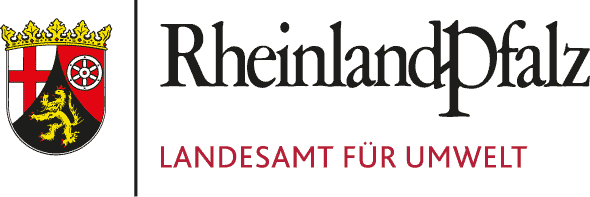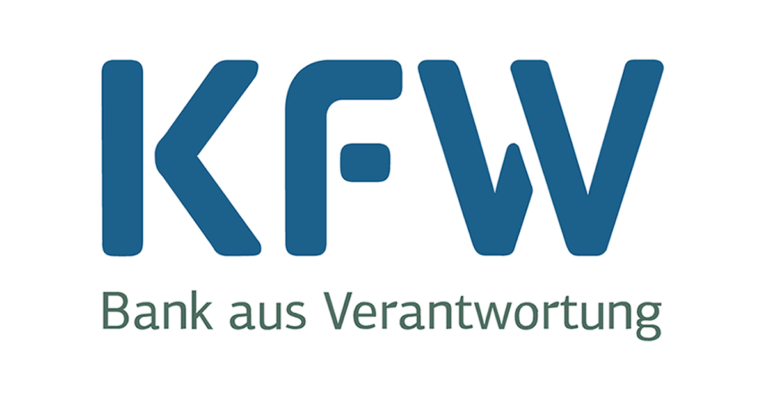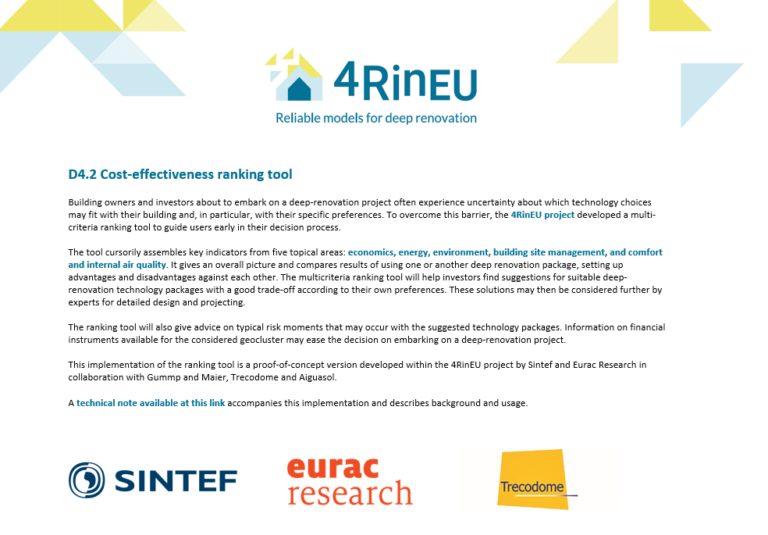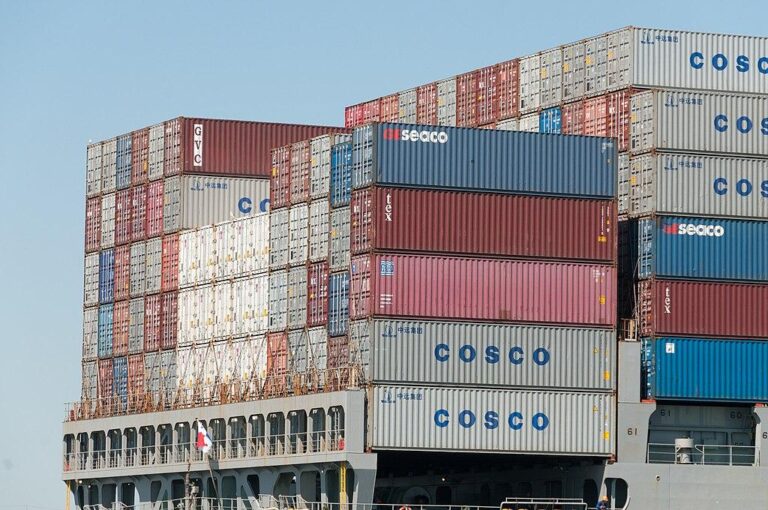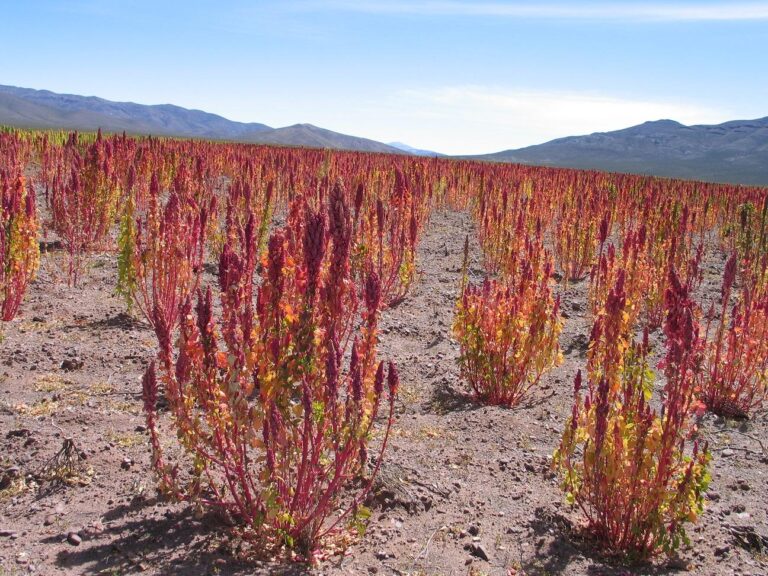Add to favorites:
Share:
Expected Outcome
By exploring the potential of controlled environment agriculture (CEA) as a transformative contribution to global food security and sustainability challenges, the successful proposal will support the common agricultural policy (CAP), the European Green Deal’s goals for resilient and sustainable agri-food systems and the EU Climate Law. It will also deliver on the expected impact of the destination by enabling farmers and relevant actors in the agricultural primary sector to manage sustainable, efficient, profitable, circular and low emissions farming systems contributing to climate-neutrality and climate-resilience. This will be achieved by new knowledge, innovation and the upscaling and replication of existing and new sustainable farming approaches while making farming a professionally attractive and remunerative life choice.
Project results are expected to contribute to all the following expected outcomes:
- a holistic understanding of CEA is provided, comprising technological needs, trade-offs, sustainability, societal and environmental impacts and policy implications;
- the knowledge of CEA sustainability is advanced, in its economic, environmental and societal dimensions (profitability, energy efficiency, greenhouse gas emissions (GHG), environmental sustainability and circularity, social dimension, etc.);
- novel and diverse crop varieties with potential in CEA are identified, and next generation of CEA systems are explored;
- adoption, expansion and uptake of CEA best practices are enhanced.
Scope
Controlled Environment Agriculture (CEA) refers to any form of agriculture that controls and optimises environmental conditions such as temperature, humidity, carbon dioxide, light or nutrient concentration. Examples of CEA include greenhouses, vertical farms, grow rooms, building-integrated agriculture, hydroponics, aquaponics, aeroponics and other practices where technological advancements enable precise regulation of growing conditions farming. Optimising CEA offers advantages in terms of resource efficiency, environmental sustainability and crop quality, providing a promising alternative to traditional agriculture for meeting the growing global demand for food, especially in the face of climate change and urbanisation. More research on CEA is essential to address its challenges, from addressing technological gaps to expanding crop diversity and reducing environmental impacts, so to unlock its full potential as a sustainable solution for future food production.
Proposals should:
- assess the state-of-the-art technologies and innovations in CEA, evaluating their effectiveness, assessing resource efficiency (including energy and water demands) and identifying opportunities for optimisation through technological innovations and management practices;
- analyse the socio- economic feasibility and viability of implementing CEA systems at different scales and evaluating their cost-effectiveness compared to conventional agriculture. Analysing the economic viability of sustainable CEA practices.
- investigate the environmental sustainability and environmental footprint[1] of CEA systems (including GHG emissions);
- assess the current state of crop varieties grown in CEA systems, identifying gaps and opportunities for the development of novel crop varieties, including innovation in plant variety testing, and challenges hindering the adoption of novel crop varieties in CEA;
- provide insights into the future trajectory of CEA, examining emerging trends, investigating technological innovations (like IoT, artificial intelligence, robotics, biotechnologies, etc.), and their implications for sustainable food production in the coming decades and the farming profession therein. Identify key challenges hindering CEA adoption and provide strategies for enhancing the expansion of best practices in CEA.
The involvement of SMEs is essential for this topic. Proposals may involve financial support to third parties, particularly for SMEs providing and/or developing testing, or validating the proposed innovative technologies/solutions. A maximum 30% of EU funding should be allocated to this purpose.
Proposals should capitalise on relevant research findings and tools, included those developed under previous research projects.
[1] Commission Recommendation (EU) 2021/2279 on the use of the Environmental Footprint methods to measure and communicate the life cycle environmental performance of products and organisations
Partner Requests
Explore Real Collaboration Opportunities
🔍 As a logged-in member, you now have exclusive access to all active Partner Requests for this Funding Call.
See who’s looking for collaborators, explore exciting project ideas, and discover how others are planning to make an impact.
💡 Use these insights to get inspired—or take the next step and start a request of your own (3 entries for free).
Log in or registrate here for free.
You must be logged in to submit or manage a partner request.
Ask our experts about this call
Connect with the Listing Owner!
💬 Please log in now to send a direct message to our experts and ask your questions. Not a member yet? Sign up for free and start connecting today!
Related Funding and Finance Opportunities
Unlock Exclusive Funding Opportunities!
🔑 Get instant access to tailored funding opportunities that perfectly match your needs. This powerful feature is exclusively available to our premium members—helping you save time, stay ahead of the competition, and secure the right funding faster.
Upgrade to Premium now and never miss an important opportunity again! Already a premium member? Log in here to explore your matches.
Related Innovation Offers
Related Knowledgebase Resources
Discover More with Premium: Related Knowledge Resources
🔒 You’re missing out on expert-curated knowledge specifically matched to this topic. As a Premium member, you gain exclusive access to in-depth articles, guides, and insights that help you make smarter decisions, faster.
Whether you’re preparing a funding proposal, researching a new market, or just need reliable information—our Premium knowledge matches save you hours of research and point you directly to what matters.
Upgrade to Premium now and instantly unlock relevant knowledge tailored to your needs! Already a member? Log in here to view your personalized content.
Access Restricted
This funding opportunity is only fully available to premium members.






